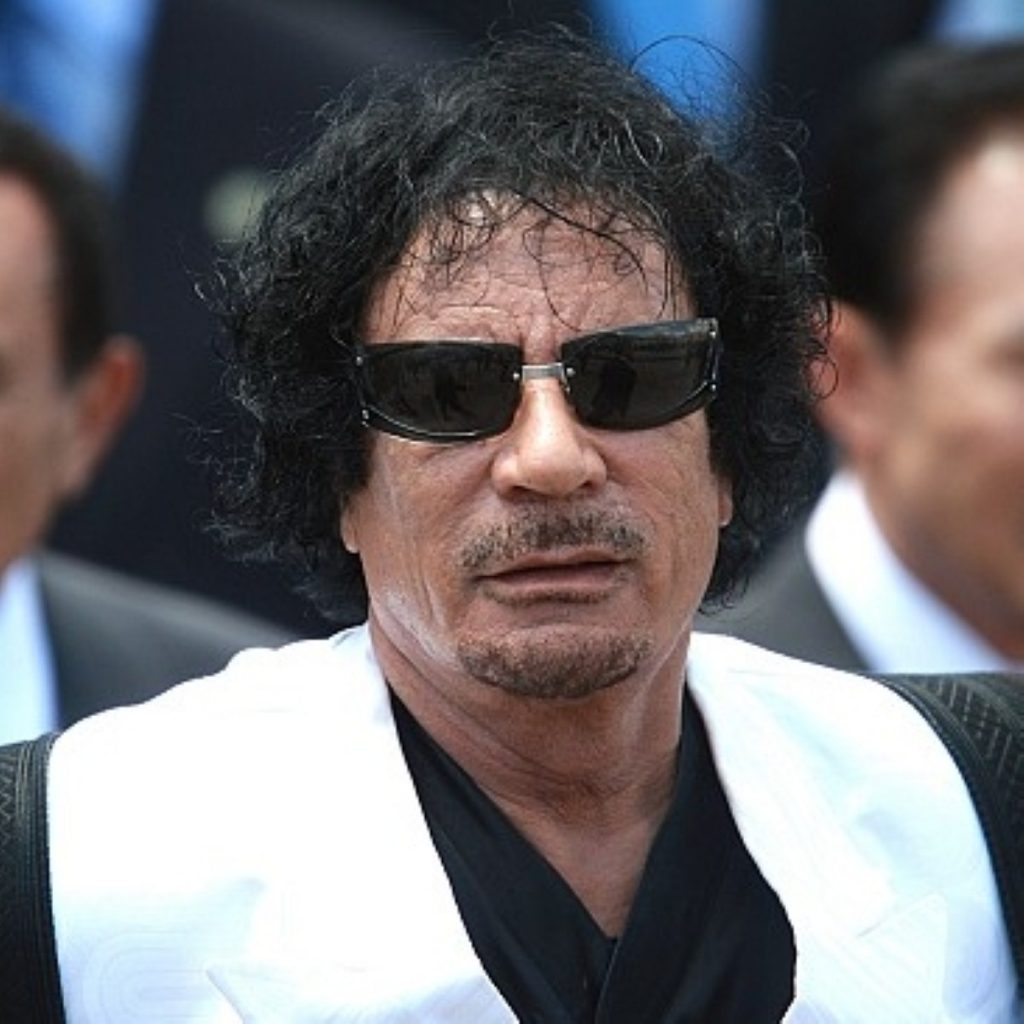PM plans for ‘every eventuality’ in Libya
David Cameron has again refused to rule out military action in Libya, as the situation on the border with Tunisia continues to deteriorate.
The prime minister said Britain wanted to see the current fighting between Muammar Gaddafi’s forces and those opposed to his ongoing rule “come to an end more quickly”.
But he stopped short of recognising the developing alternative administration in Benghazi, despite stating that the British government would begin to make contact with the fledgling government.


After addressing the evacuation of British citizens, stepping up pressure on Col Gaddafi’s regime and addressing the growing humanitarian crisis the “next step” was to “look around the corner”, Mr Cameron said.
“The next thing we have to do is plan for every eventuality,” he explained in a joint press conference in Downing Street with Afghan president Hamid Karzai.
“It is not acceptable to have a situation where Col Gaddafi can be murdering his own people using aeroplanes and helicopter gunships and the like and we have to plan to make sure we can do something to stop it.”
Earlier today the national security council met to discuss the situation, as well as how to turn the current instability in the Middle East into what Mr Cameron called a “democratic awakening” rather than “a time of risk and difficulty”.
Yesterday the prime minister asked military chiefs to prepare for the possibility of introducing an Iraqi-style no-fly zone over Libya.
But he conceded that political and legal difficulties meant the implementation of such a policy would not happen immediately.
Mr Cameron added: “What I’m going to be doing today, tomorrow and in the future to get the international community to think ahead about what might be necessary to try and bring this to an end as quickly as possible.”
Yesterday Col Gaddafi gave an interview with the BBC which appeared to mix brazen denial of the current situation with his usual defiance.
He insisted that there have not been any protests against his rule, despite the fact that around 80% of Libya is now held by his opponents.
The latest fighting has been reported in Janzour, near to the capital Tripoli, and Zuara. Both are near the Libyan border with Tunisia, where tens of thousands of refugees have fled in a developing crisis situation.









